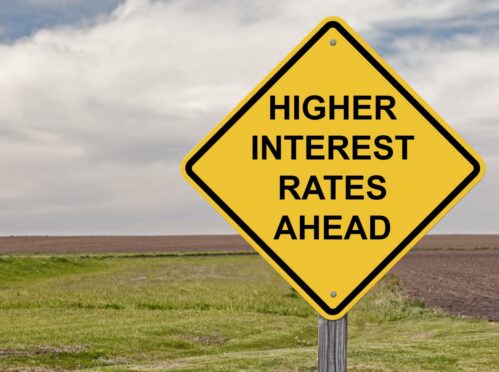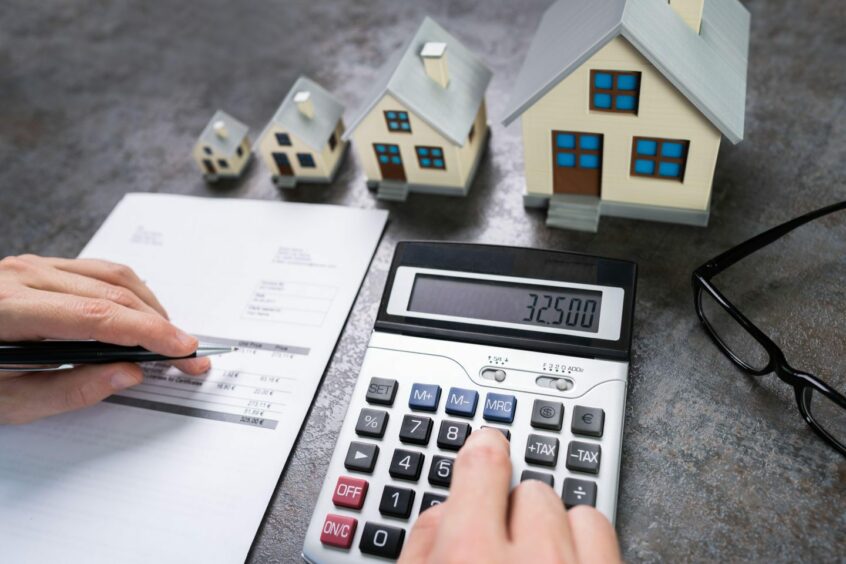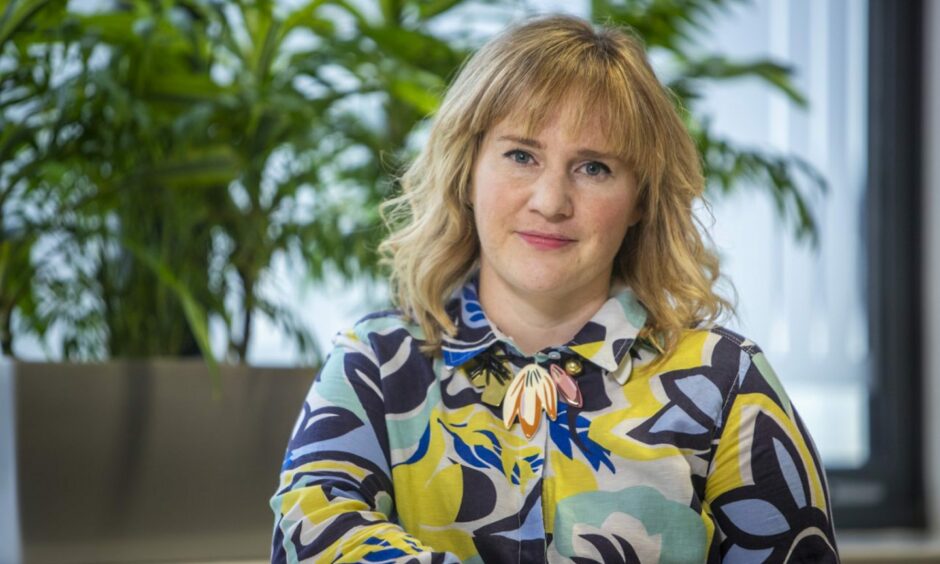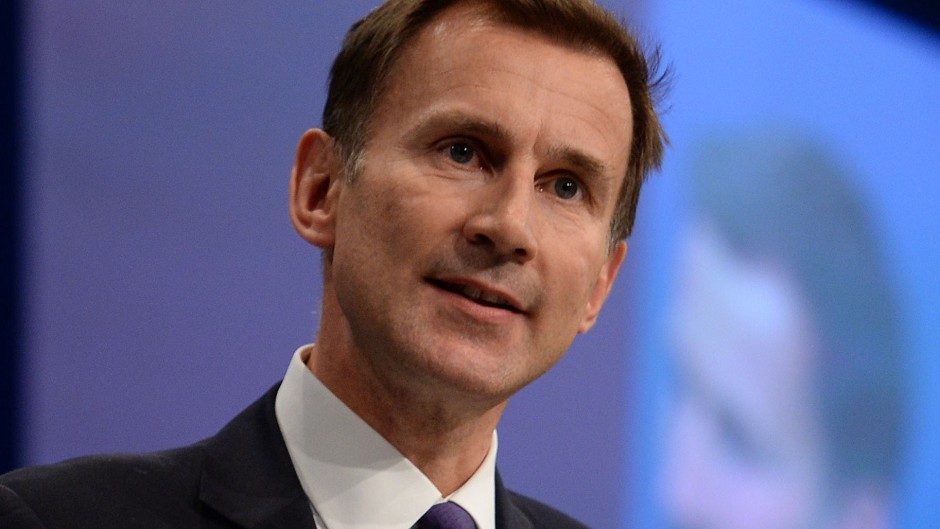Households and businesses in the north and north-east face being worse off as rising interest rates drive economic recovery in Scotland into reverse.
Young people looking to get on the property ladder have also been warned to expect disappointment after the Bank of England (BoE) increased its base interest rate from 2.25% to 3%.
Inverness economist Tony Mackay noted it was the biggest rise in the rate, which underpins the cost of borrowing, since 1989 – 33 years ago.
He explained: “All other interest rates are linked to the BoE rate, so they will also rise, possibly by about one third.
“The average mortgage rate is currently about 6% so that could increase to 8%. The average overdraft and credit card rates are currently about 20% so they could rise to over 25%.”
He said the bank is raising interest rates in an effort to try to reduce inflation, which at 10.4% and rising is the “highest for decades”.
However, he said it could “seem very strange” that by making lending more expensive, the bank will help people tame the effects of the spiralling cost of living.
‘Highlands and Islands have been worse affected’
“The Bank’s target inflation rate is just 2% and it could increase interest rates again before the end of 2022 if there is not a significant fall in inflation. That depends very much on energy prices, which have soared because of the war in Ukraine.
“It may seem very strange the Bank believes higher interest rates will help to bring down inflation rather than increase it but that is what they expect. In the short run, however, it is bad news for households and businesses.
“The Highlands and Islands have been worse affected during the ongoing economic recession than Scotland as a whole because of the importance of tourism.
“Similarly, the north-east is struggling with the downturn in the North Sea oil and gas industry.”
The Bank of England also cautioned Britain could be entering the longest recession since reliable records started in the 1920s.
Mr Mackay also estimates lower economic growth could be in place into 2024.
“Higher interest rates will undoubtedly slow down the economic recovery in both regions. The current recession could last another two years,” he said.
READ: What do rising interest rates mean for you?
Jenny Madhoo is the founder and creator of SpringGen, a financial advice platform for Millennials and Gen Zers – those born after 1981.
Many of these will be just starting on owning a property.
She said: “This announcement will understandably bring great concern to many in the north-east, particularly those either looking to get on the property ladder, or with a mortgage.
“While the interest rate rise is now at the highest we have seen in many years, if you’re in a fixed rate mortgage deal, then you won’t immediately feel the impact of this.
“However, if you have a variable/tracker mortgage, or you are looking to get a mortgage, an increase in the base rate may be much more of a challenge and see your bill go up.
“House hunting could be much trickier as increasing rates and general market uncertainty have caused many mortgage lenders to pull mortgage deals from the market altogether over recent months and this could well continue.
“It will be a difficult time as getting a good deal will be challenging and most likely, many buyers will instead choose to stay put, or find they have been priced out of the market.
“There isn’t a magic answer to this unfortunately but with wider concerns, we would recommend speaking to a financial planner to get the best advice and to consult a mortgage adviser to determine what you can borrow and what deals are out there for you, before you start house-hunting seriously.”
‘Difficult decisions on tax and spending’
Chancellor Jeremy Hunt said the government would focus on tackling the UK’s stretched public finances to try and stop the need for further rate increases, but noted there were “no easy options.”
He said: “The most important thing the British government can do right now is restore stability, sort out our public finances and get debt falling so interest rate rises are kept as low as possible.
“However, there are no easy options and we will need to take difficult decisions on tax and spending to get there.”
From its highest to lowest point, GDP is expected to drop 2.9%, the Bank said, compared with 6.3% during the financial crisis.
Meanwhile unemployment is expected to peak at around 6.5%, from 3.5% today, slightly lower than in 2008.





Conversation